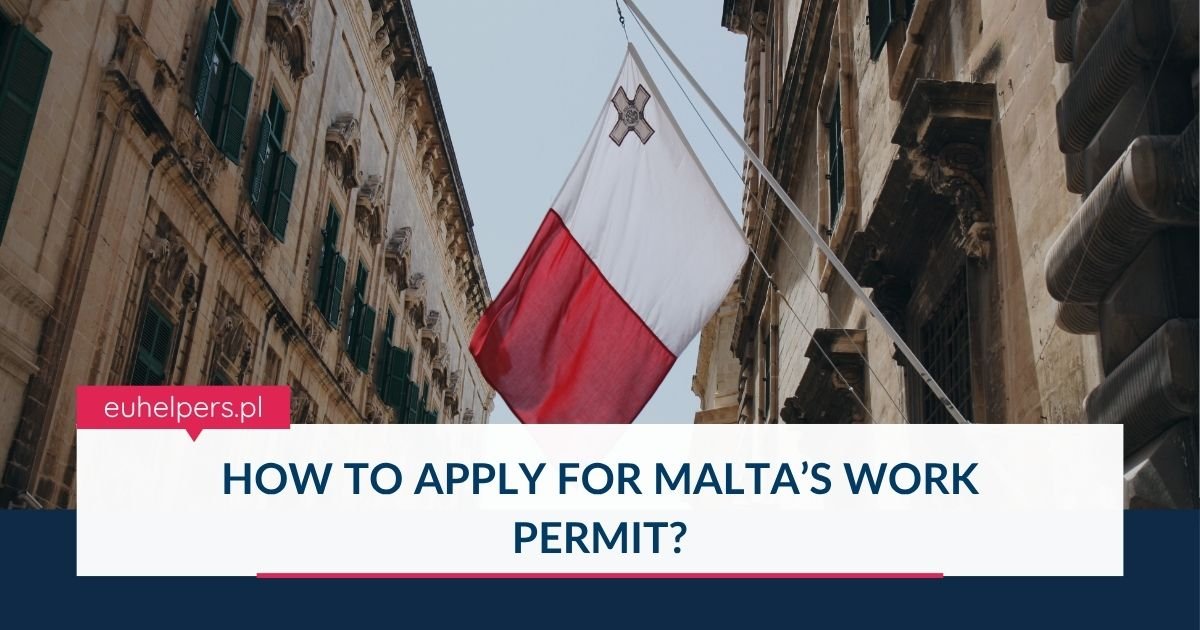Malta, with its thriving economy and Mediterranean charm, is an increasingly attractive destination for foreign professionals. If you’re a non-EU citizen planning to work in Malta, obtaining a valid work permit is essential. This guide outlines the key steps, documents, and considerations for securing a work permit, particularly the widely used Single Permit.
1. Secure a Job Offer from a Maltese Employer
The first and most crucial step is to secure a job offer from a Maltese employer. You can find opportunities by searching local job boards, networking, or directly contacting companies in Malta.
Once you have a job offer, your employer becomes a key player in the permit application process.
2. Employer Initiates the Single Permit Application
For most non-EU citizens, the Single Permit is the standard work and residence authorization in Malta. The application process is employer-driven.
Key Steps:
-
The employer applies through the Single Permit Online Portal.
-
They must first obtain an Employment License from Jobsplus, the national employment agency.
-
After Jobsplus approval, the application is submitted to Identità (formerly Identity Malta), the authority responsible for residence permits.
3. Applicant’s Role in the Process
As the applicant, you will need to:
-
Confirm the application via a link sent by Identità to validate the data submitted by your employer.
-
Pay any required fees, which may be prompted once the application is submitted.
You may also be called upon to attend a biometric appointment or interview, depending on your specific case.
4. Gather and Submit Required Documents
A complete application includes several supporting documents:
-
A valid passport (with at least six months' validity)
-
Proof of qualifications (diplomas, degrees, and certifications)
-
A signed employment contract or formal job offer letter
-
Passport-size photos
-
Medical insurance valid in Malta
-
Proof of accommodation in Malta
-
Proof of financial means to support yourself initially
-
A police clearance certificate (from your home country or last country of residence)
-
Any other documents requested by Maltese authorities or the embassy
5. Application Submission and Processing
The application is officially submitted by the employer to Identità after receiving the Employment License from Jobsplus.
Processing Time:
While processing times can vary, most applications are typically reviewed within a few weeks. Applicants are usually updated via email or SMS.
6. Approval and Issuance of the Work Permit
Once approved, you’ll be issued a Single Permit, which grants you both residence and work rights in Malta.
You can then legally live and work in Malta for the duration specified in the permit, usually linked to the length of your employment contract.
Important Considerations
-
Employer’s Responsibility: Your Maltese employer is responsible for much of the paperwork and formal submissions. Their role is essential, especially for the Single Permit process.
-
Accommodation Proof: You must demonstrate that you have secured adequate housing in Malta.
-
Key Employee Initiative (KEI): If you're applying under the KEI scheme, which targets high-skilled workers, you may receive an Approval in Principle letter—fast-tracking the application.
-
Visa Fees: Application fees apply and are typically paid online. Responsibility for payment can vary between the employer and the employee.
-
Permit Types: While the Single Permit is the most common, there are other options like the EU Blue Card and Key Employee Initiative, depending on your job role and qualifications.
-
EU Citizens: Citizens of the EU/EEA do not require a work permit to work in Malta.
Always refer to official sources like the Identità website and Jobsplus for the most up-to-date and accurate information. Immigration laws and procedures can change, and consulting official portals will ensure you meet the latest requirements.
By following the steps above and preparing the necessary documents in advance, your path to living and working in Malta can be smooth and efficient.

